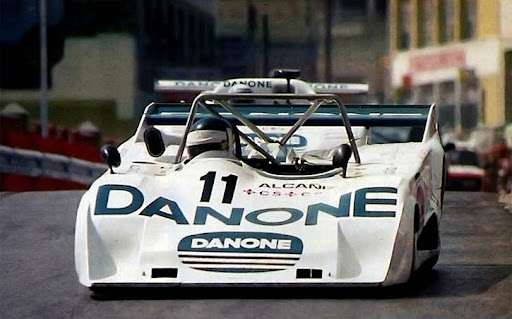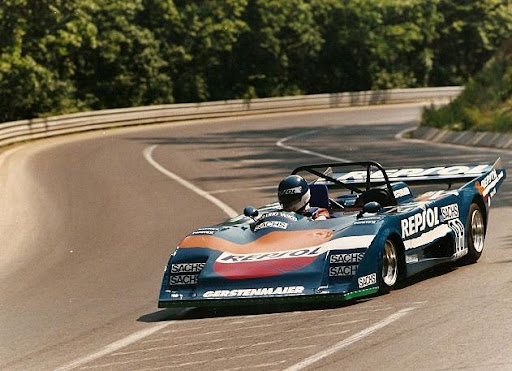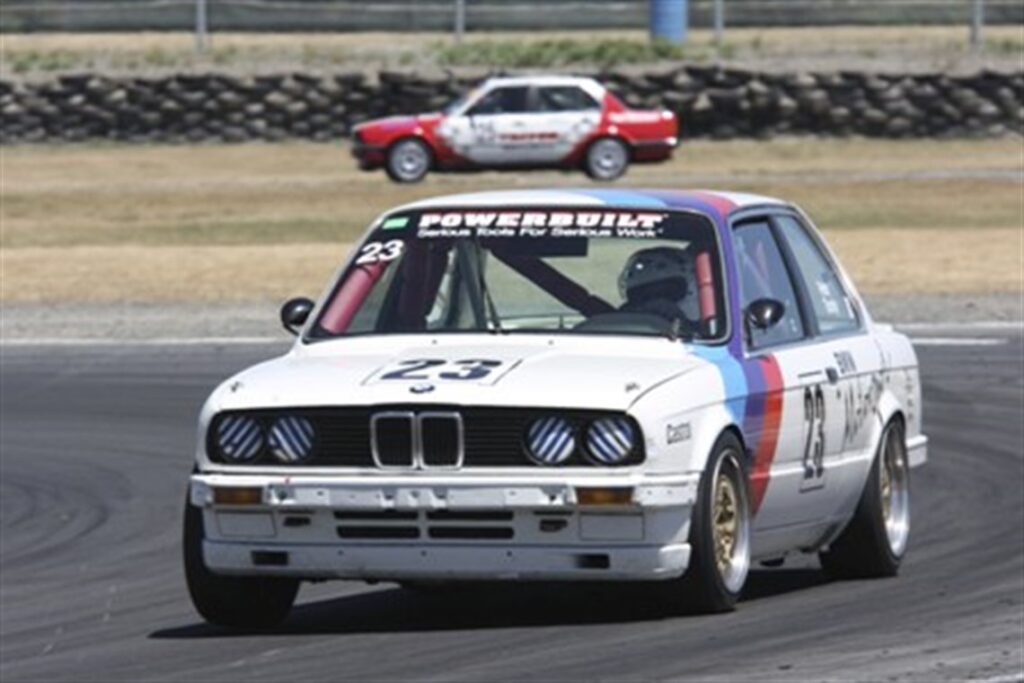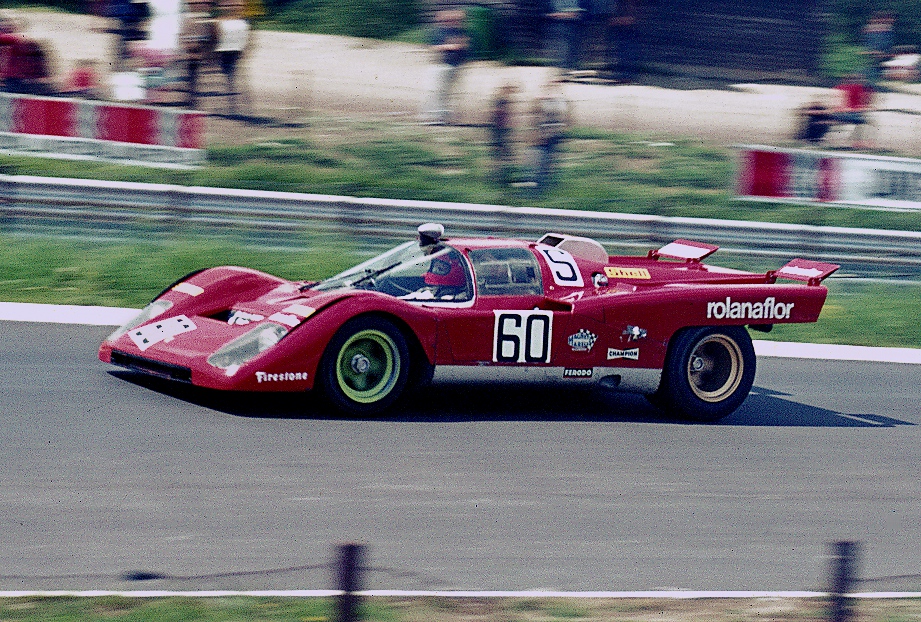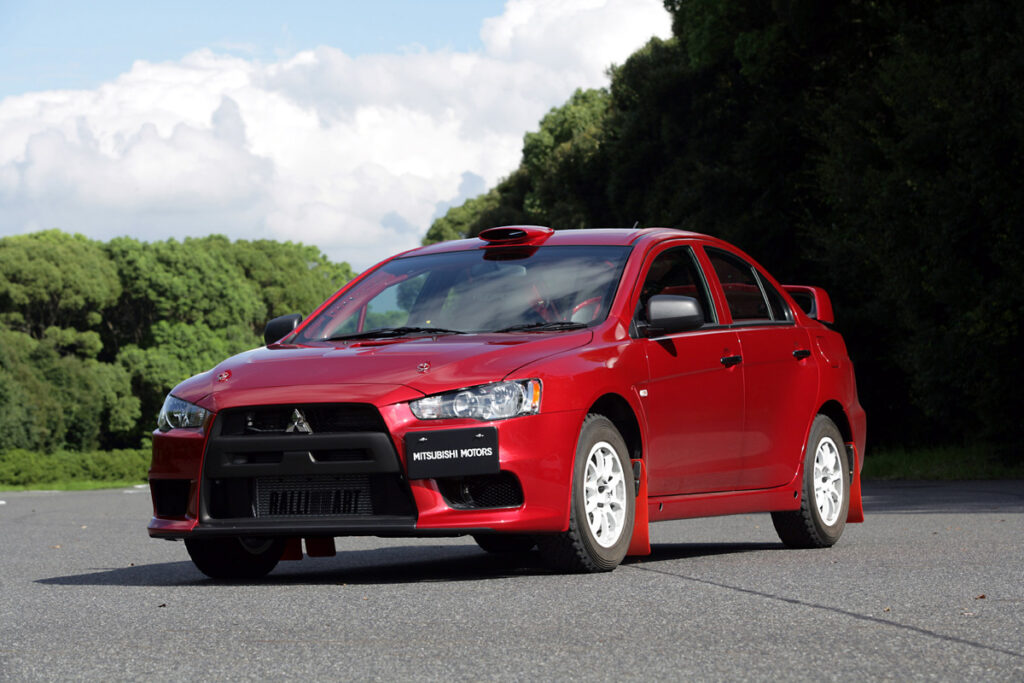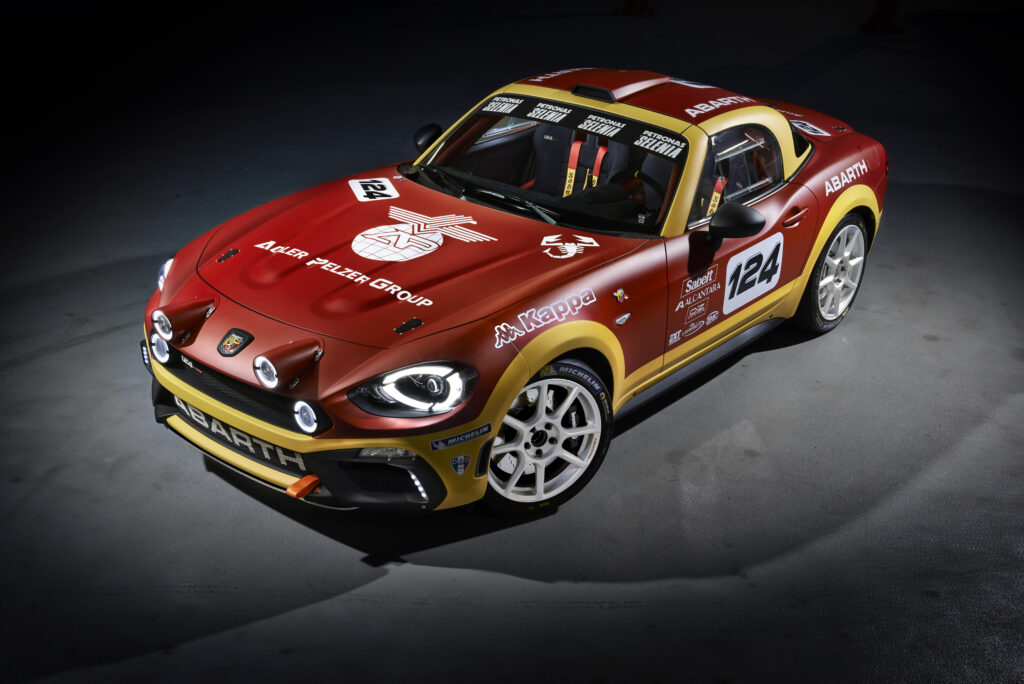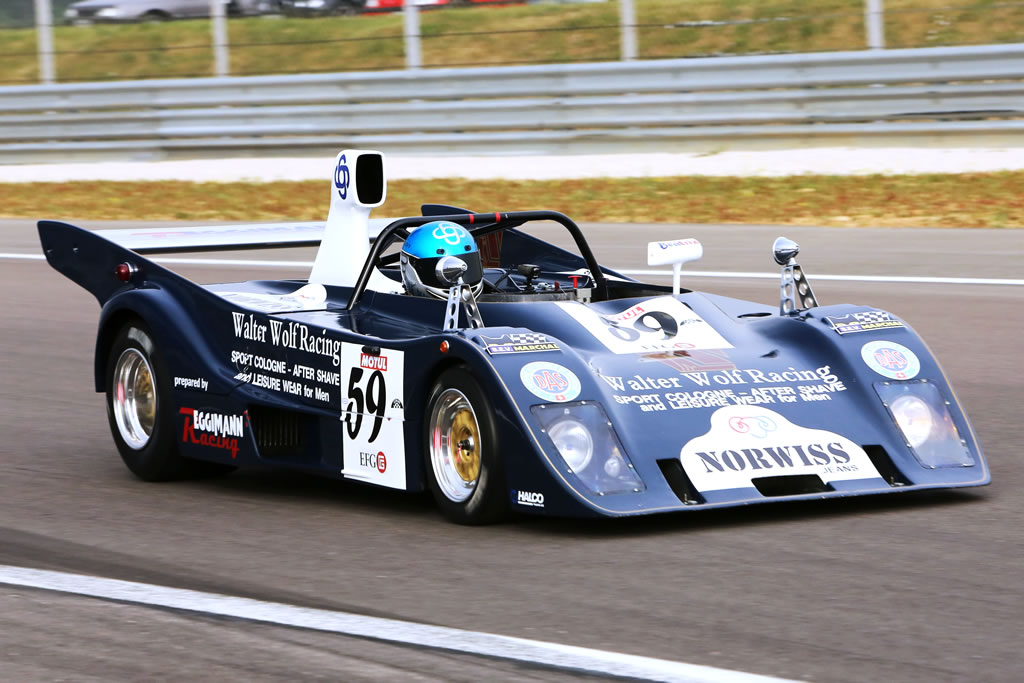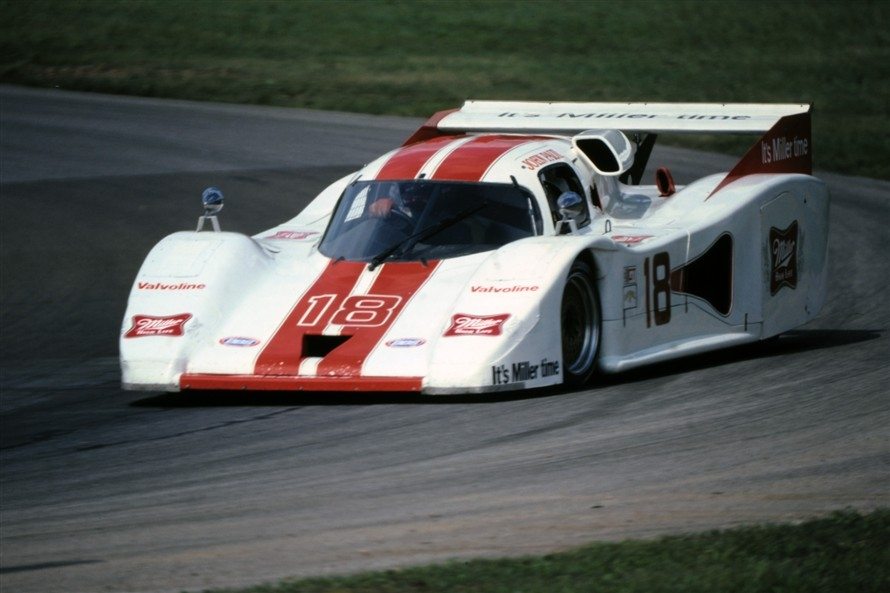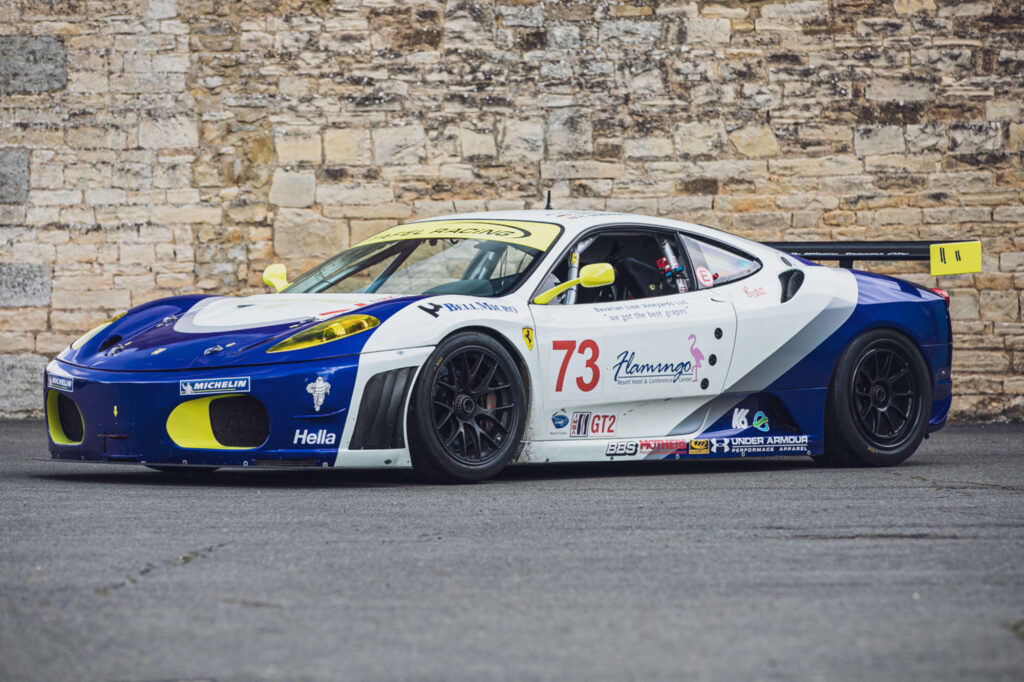1979 Lola T298
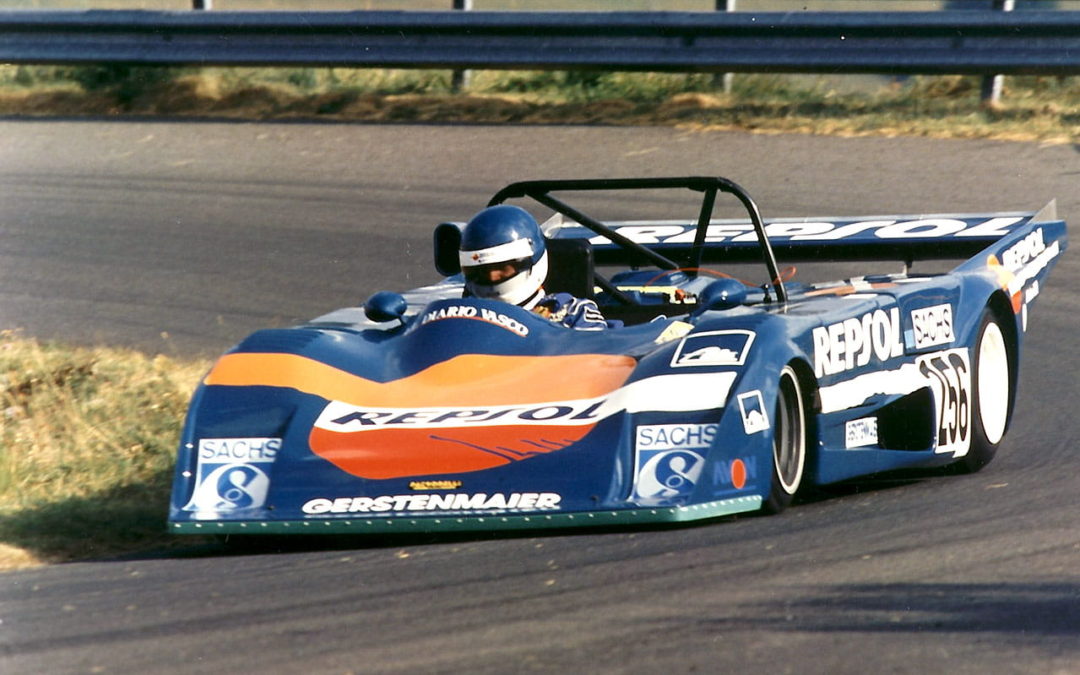
1979 Lola T298
Brand
Lola Cars
Year
1979
Country
Great Britain
Generation
T298

1979 Lola T298
Brand
Lola Cars
Year
1979
Country
Great Britain
Generation
T298
About this car
Discover the history
The 1979 Lola T298 was a pivotal car in the evolution of the Group 6 sports prototypes developed by Lola Cars. Designed to compete in the 2-litre sports car racing category, it marked the culmination of Lola’s successful T290 series that began in the early 1970s. The T298 showcased Lola’s philosophy of continuous development and refinement in sports car racing, offering a competitive and versatile platform that could be adapted to various racing conditions and engines.
The T298’s technical foundation was based on a lightweight tubular spaceframe chassis that provided rigidity while keeping the car’s weight low. This structure was combined with a fibreglass body that was aerodynamically shaped to reduce drag and increase downforce, contributing to its impressive performance on the track. The car’s compact size and agility made it well-suited for the technical circuits of the era. Powering the T298 were various 2.0-litre, four-cylinder engines, most commonly from manufacturers like BMW, Ford, and Chrysler-Simca. Among these, the Ford Cosworth BDA and BMW M12 engines were particularly popular for their reliability and power output, both producing around 290-300 bhp. The mid-engine, longitudinal layout optimized weight distribution and handling, allowing the T298 to achieve remarkable balance in corners. The suspension system, featuring double wishbones at the front and rear, was designed to offer excellent grip and stability, while the braking system utilized ventilated disc brakes, ensuring consistent stopping power in endurance races.
The Lola T298 made its debut at the prestigious 24 Hours of Le Mans in 1979, with the team Lambretta S.A.F.D. entering one of the cars. It managed a 21st place overall, a respectable finish considering the stiff competition from larger-engine prototypes and factory-backed teams. This performance solidified the T298 as a capable machine in endurance racing, a crucial proving ground for any sports prototype.
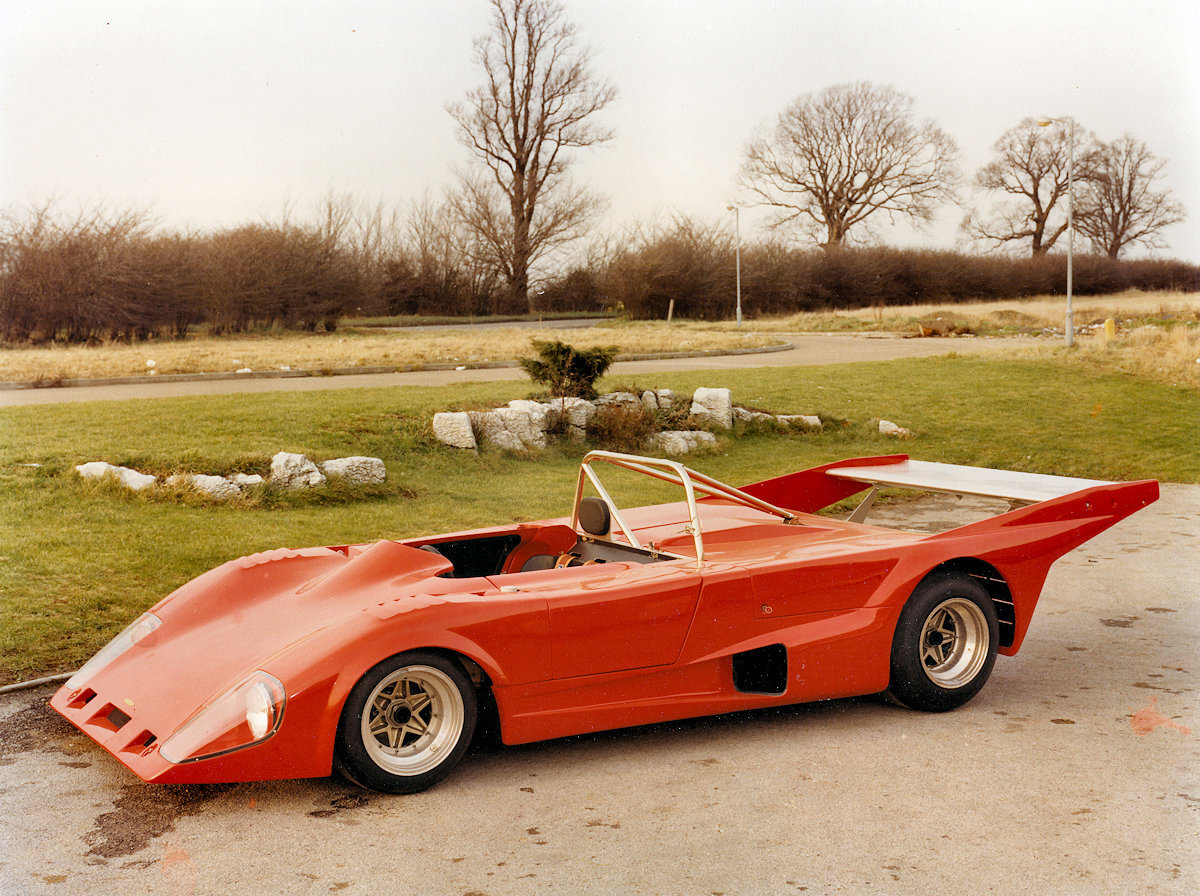
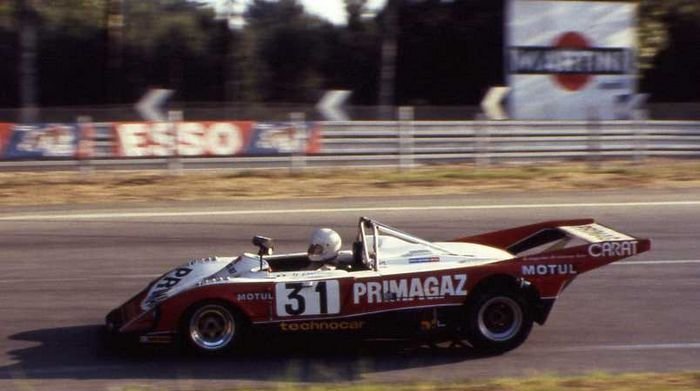
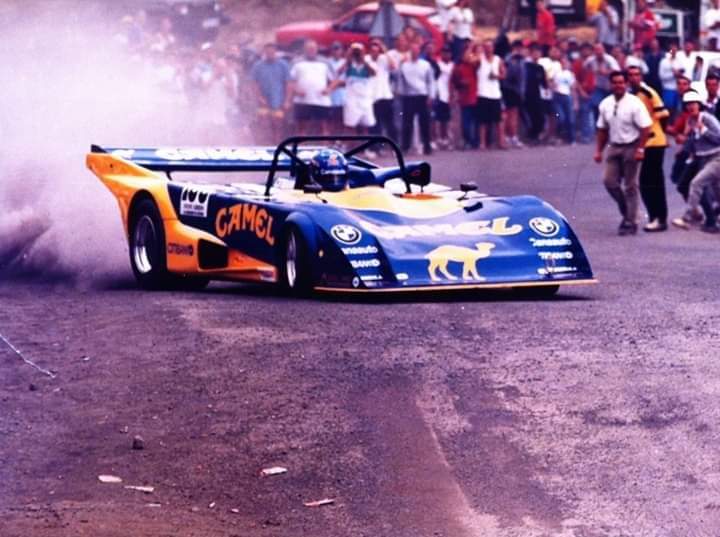

Over the years, the T298 was raced by various privateer teams across Europe, including Dorset Racing Associates in the UK and Société ROC/Yacco in France. In particular, the Yacco-liveried cars, equipped with Chrysler-Simca engines, became well-known for their participation in French endurance races, such as the 24 Hours of Le Mans and the 1000 km of Dijon. The car also found success in other endurance events and championships, including the World Championship for Makes and the European Sports Car Championship.
The versatility of the T298, combined with Lola’s support for private teams, made it a popular choice throughout the late 1970s and early 1980s. Its success was not limited to top-tier endurance events but also extended to national and regional championships, where the T298’s reliability and ease of maintenance were highly valued by privateers. The car’s longevity in competition was a testament to its well-rounded design, which allowed it to compete at a high level even as newer models entered the fray. In retrospect, the T298 represents one of the final developments in Lola’s long line of two-litre prototypes before the company shifted its focus to other projects. Its combination of technical innovation, adaptability to different engines, and racing pedigree earned it a place in motorsport history as one of the most iconic small-capacity prototypes of its era.
